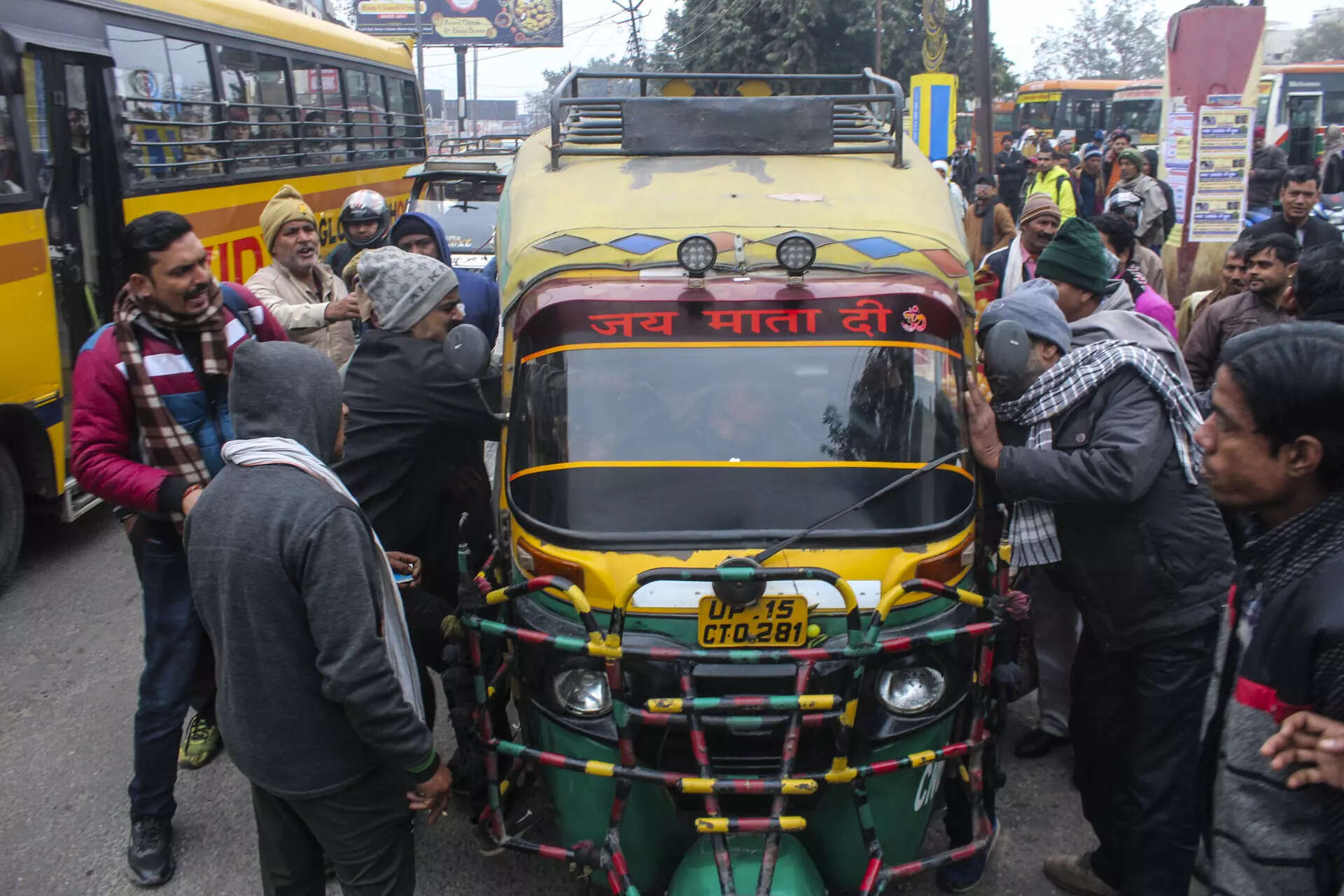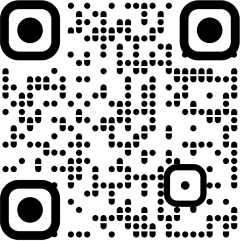
New Delhi: The Commission for Air Quality Management (CAQM) in the National Capital Region (NCR) and adjoining areas has submitted a fresh report to the National Green Tribunal (NGT) identifying major polluting sectors and corrective steps.
The commission said the emission inventory would be updated and source apportionment studies for Delhi, Gurgaon, Gautam Budh Nagar and Faridabad would be conducted by June by the Central Pollution Control Board and the state pollution control boards. However, the exercise has been targeted for the other NCR areas by December.
CAQM has also set a target for phasing out diesel autorickshaws in NCR, formulating a plan for common boilers for industrial clusters, setting up infrastructure for material recovery and disposal of end-of-life vehicles and installation of low-cost sensors on large construction sites registered on the pollution control panels’ portal.
The commission filed the report after NGT had taken suo motu cognisance of the deteriorating air quality in NCR. On December 6, NGT had observed that a plan submitted by CAQM lacked information on specific action plan, timeline, implementing agency and allocation of funds, and directed it to file a fresh report.
For abetting vehicular air pollution, CAQM suggested in its January 2 report infrastructure for material recovery and disposal of end-of-life vehicles to be set up of at least 50% capacity by December 31 in NCR. It also proposed around 50% of the fleet augmentation for public bus service through CNG or e-buses in NCR, as per model yardsticks and service level benchmark of the Union ministry of housing and urban affairs based on the population of Gurgaon, Faridabad, GB Nagar and Ghaziabad by December 31. For the rest of NCR, 20% of the planned fleet augmentation will be done by December 31.
CAQM said it was also targeting phasing out diesel autos in Gurgaon, Faridabad, GB Nagar and Ghaziabad by December 31.
To control dust pollution, Delhi Pollution Control Committee and state pollution control boards of NCR districts have been asked to install low-cost sensors in all construction projects of more than 500sqm plot area registered on the portal by January 31, the report stated. CAQM said a scientific study on the efficacy of use of dust suppressants on roads would be finalised by April 30.

